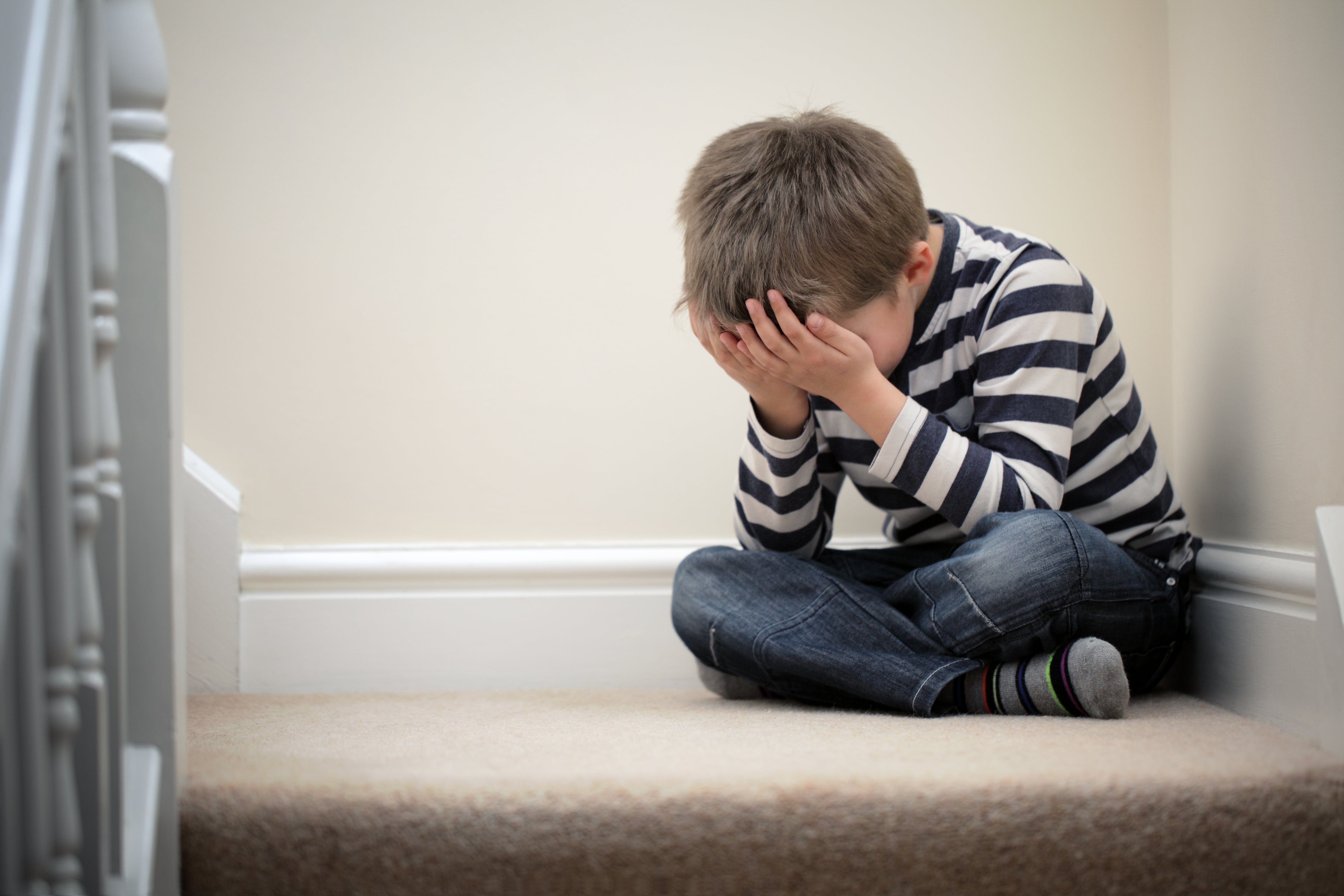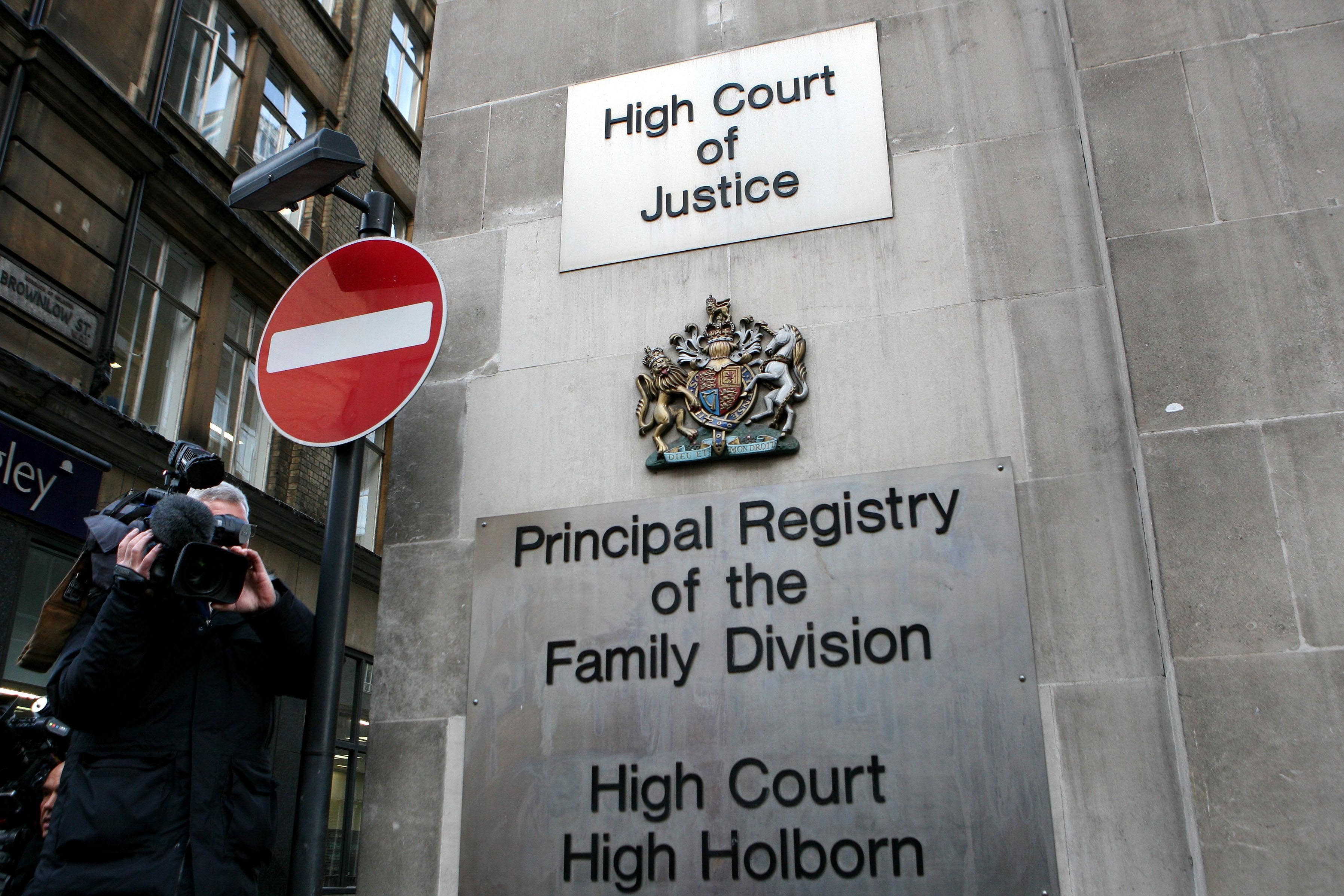Thousands of children waiting nearly a year in ‘unacceptable’ custody courts backlog
‘Children should not be paying the cost of the government’s failure to fix the broken family justice system,’ Law Society president warns

Your support helps us to tell the story
From reproductive rights to climate change to Big Tech, The Independent is on the ground when the story is developing. Whether it's investigating the financials of Elon Musk's pro-Trump PAC or producing our latest documentary, 'The A Word', which shines a light on the American women fighting for reproductive rights, we know how important it is to parse out the facts from the messaging.
At such a critical moment in US history, we need reporters on the ground. Your donation allows us to keep sending journalists to speak to both sides of the story.
The Independent is trusted by Americans across the entire political spectrum. And unlike many other quality news outlets, we choose not to lock Americans out of our reporting and analysis with paywalls. We believe quality journalism should be available to everyone, paid for by those who can afford it.
Your support makes all the difference.Soaring backlogs in the family courts are harming children’s welfare with thousands spending Christmas racked with uncertainty about which parent they will be living with in the future, the Law Society has warned.
Government figures show private children law cases – which involve family disputes over where children live and which parent they have contact with – lasted an average of 45 weeks between July to September 2023, a rise of nearly a week from the same time period last year.
The data from the Ministry of Justice shows there were 13,420 new private law applications in this time, with 19,908 children caught up in the requests.
Nick Emmerson, the Law Society’s president, said: “There were more than 80,000 children caught up in the family backlogs last year. We are seeing similar numbers this year.
“It is unacceptable that thousands of children are waiting almost a year to find out who they will be living with long-term because of delays in the family court system.
“Delayed justice can cause significant harm to the wellbeing of both children and parents by preventing them from having the stability they need to thrive.”
Studies have found children caught up in private law proceedings are more likely to grapple with anxiety and depression, he explained.

“It is especially disheartening that thousands of children will spend the Christmas holiday uncertain about their future,” Mr Emmerson added. “Children should not be paying the cost of the government’s failure to fix the broken family justice system.”
He called for legal aid for early legal advice to be reintroduced so families can either sort out their disputes outside court or obtain help during the court process.
“Immediate investment in early legal advice would help reduce the worsening strain on the family courts and alleviate the immense pressure so many children face,” Mr Emmerson added.
Delay is inimical to a child’s welfare. Children also fall victim to family court crisis when allegations of domestic abuse are not properly addressed at the outset, which can can lead to appeals and rehearings of domestic abuse cases.
“We urge the UK government to stop neglecting the family justice system, so that children and families can get on with their lives.”
Charlotte Proudman, a leading family law barrister, told The Independent: “Children are suffering from the delay in resolving family law cases. For them to live with the uncertainty of not knowing where they will live or how much time they will spend with another parent can be unbearable.”
The lawyer, who specialises in violence against women, called for a set time for private law proceedings to be completed by, recommending the deadline of nine months.
Dr Proudman, founder of Right to Equality, added: “Delay is inimical to a child’s welfare. Children also fall victim to family court crisis when allegations of domestic abuse are not properly addressed at the outset, which can can lead to appeals and rehearings of domestic abuse cases.
“This can take months or even years to conclude coupled with extortionate sums of money spent which should be put towards the child’s welfare.”
She warned the family courts are failing children in cases of domestic abuse as she noted it is also critical such behaviour is established at the beginning of cases to ensure children are not forced into having contact with an abusive parent.
Adrienne Barnett, an academic at Brunel Law School who specialises in the family courts, said studies have discovered family court proceedings are “traumatising and harrowing” for women who have endured domestic abuse.
“Women have found these protracted proceedings, which can deplete their physical, emotional and financial resources, as bad as, or worse than the abuse itself.”
Dr Barnett, who specialised in family law while practising as a barrister for more than 30 years, blamed the family court delays on “severe underfunding” as she noted over half the family courts in England and Wales have shut between 2010 and 2019.
This issue has been compounded by a steep increase in litigants in person since legal aid was profoundly curtailed a decade ago, she added.
“However, the pro-contact culture also plays a significant role, because judges are reluctant to ‘give up’ on contact even in cases of serious domestic abuse and other risks of harm, which leads to repeated assessments and review hearings,” Dr Barnett added.
A spokesperson for the Ministry of Justice said: “We want to help resolve family disputes quickly and effectively, avoiding the potential conflict of the court room where possible.
“That is why we have taken action to improve waiting times in the family courts, with over 3,000 more private law cases reaching conclusion in 2022 than in 2017.”
The representative said they are “investing millions in early legal support”.
Join our commenting forum
Join thought-provoking conversations, follow other Independent readers and see their replies
Comments